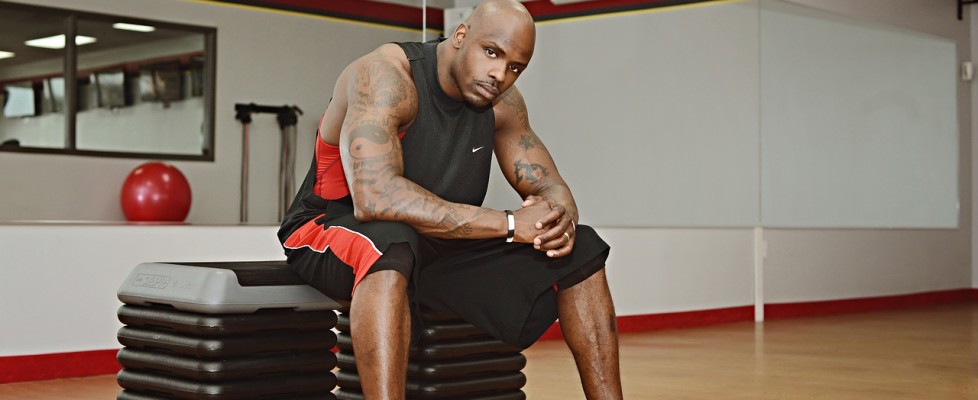Are You Sure You’re Getting Enough Protein — Pt. 2
Technically speaking, you need zero protein in your diet. You read that right.
What your body needs every day are amino acids. A protein is a molecule made up of many different types of amino acids strung together. The quantity of each amino acid and the configuration is what separates one protein from another.
 But the key point here is this: when protein from food hits your stomach, your stomach acid denatures the protein, breaking the bonds between the amino acids, and leaving them loose and unbound. In other words, you do not digest whole proteins, but rather absorb individual amino acids.
But the key point here is this: when protein from food hits your stomach, your stomach acid denatures the protein, breaking the bonds between the amino acids, and leaving them loose and unbound. In other words, you do not digest whole proteins, but rather absorb individual amino acids.
There are 22 amino acids, 13 of which our body can synthesize, and 9 which we cannot. In other words, 9 amino acids must be consumed via the food we eat.
Let me bust another myth right here — ALL whole plant foods are complete proteins. In other words, even cabbage contains all 9 essential amino acids. They were once thought to be “incomplete” because of the reality that all whole plant foods are low in one or two of the essential amino acids. However, they contain more than zero (making them complete) and if you ate only one type of fruit or vegetable all day you would reach your daily minimum for each of the 9 amino acids.
Quite simply, if you consume enough calories you cannot be protein deficient.
This alone should forever put your mind at ease when it comes to protein. Eat enough food, of any type (given that it is real food, not processed), and you will get enough protein. Without the help of protein bars, protein shakes, and protein-infused Fruit Loops, you will get enough.
But back to where we left off with the last post. My calculated protein needs are anywhere between 23.1 and 50.82 grams per day, with the former being my daily losses and the latter being a very, very safe number to meet any excess needs beyond what I lose every day. How much and what type of “rabbit food” do I have to eat to get that many grams?
To maintain my weight, I am supposed to consume about 2500 calories. Let’s look at how many grams of protein are in 2500 calories of different plant foods:
Black Beans — 165 grams
Brown Rice — 60 grams
Whole Wheat Pasta — 100 grams
Kale — 150 grams
Sweet Potatoes — 55 grams
Bananas — 25 grams
Of course, I don’t generally only consume one food for a day, but the above points out that 2500 calories of a mix of plant foods will put my daily protein consumption somewhere between 25 and 165 grams. In other words, even eating only bananas all day long I’d replace all the amino acids I lost that day (23.1 grams worth). Throw in some grains, some beans, and some veggies, and I have more than enough to function and build muscle.
In fact, let’s bust one more myth when it comes to protein.
When you workout with weights to build muscle you instantly increase your protein needs.
Researchers took a group of previously sedentary males and had them complete an 12-week resistance strength-training workout program in an effort to build muscle mass.¹ During the study the participants did not change the amount of protein they were consuming. Of course to build muscle you need to eat more protein though, right? Wrong. The researchers found that the participants were retaining more protein and losing less of it in their urine.
In other words, your body is smart. Very smart. When you need more protein (for example to build muscle tissue after a workout), your body has the ability to recycle amino acids for use in building new tissue instead of flushing it out of your system. So these strength-conditioning athletes would have been foolish to increase their protein intake — their body was already doing it by recycling amino acids instead of dumping them!
Protein is a non-issue.
Eating a whole-foods plant-based diet provides more than enough amino acids, even if you are trying to build muscle. You DO NOT need to try to get protein in your diet. Protein happens. It is a byproduct of eating real, whole food.
I will close by teasing a topic to come in a few posts — not only is not getting enough protein a non-issue, but you can actually have too much of the stuff. There is significant science suggesting that our protein obsession is actually killing us. Think about that next time you feel like you “aren’t getting enough protein…”
¹http://jn.nutrition.org/content/137/4/985.long

